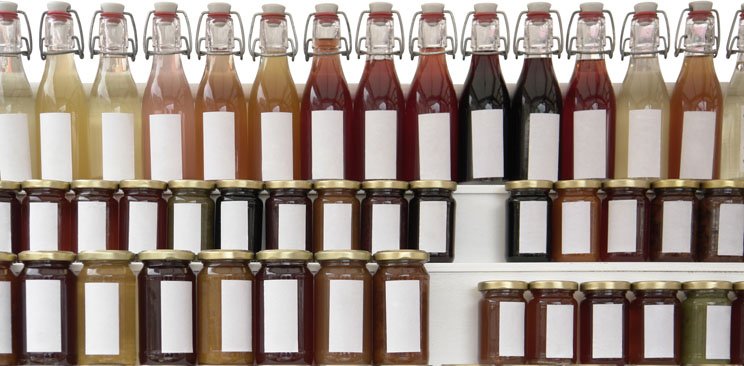Food Standards Australia New Zealand (FSANZ) has launched a campaign aimed at reminding food businesses about the need to get allergen labelling right, while the ACCC is urging businesses to review their country-of-origin labels to comply with the Australian Consumer Law (ACL).
Allergen labelling a matter of life and death
FSANZ’s allergen-labelling campaign is timed to coincide with Australia’s Food Allergy Week (May 14-20).
FSANZ CEO Mark Booth says correct allergen labelling can mean the difference between life and death for people with food allergies, so it is vital that food businesses meet labelling requirements.
“There are currently nine foods that must be declared whenever they are present as ingredients or as components of food additives or processing aids,” he said. “Lupins are expected to be added to the list this month.”
ACCC cracks down on origin claims
ACCC Deputy Chair Dr Michael Schaper is calling on businesses to review any claims on their product labelling or in their advertising that suggest a product has been ‘Made in’ a particular country.
“Consumers are often willing to pay a premium for products that originate from particular countries, but they need to be able to trust the labels,” he said. “Failure to label products correctly may expose a business to penalties of up to $1.1 million.”
In addition to the general ACL obligations not to make false, misleading or deceptive claims, businesses involved in the retail supply of food will also be bound by the country-of-origin food-labelling information standard from July 1, 2018. This means labels on most food products that are made in Australia will have to clearly show the percentage of Australian-grown or -produced ingredients.
The ACCC has released Country of origin food labelling guidance to assist businesses with the transition to the new food-labelling requirements.





